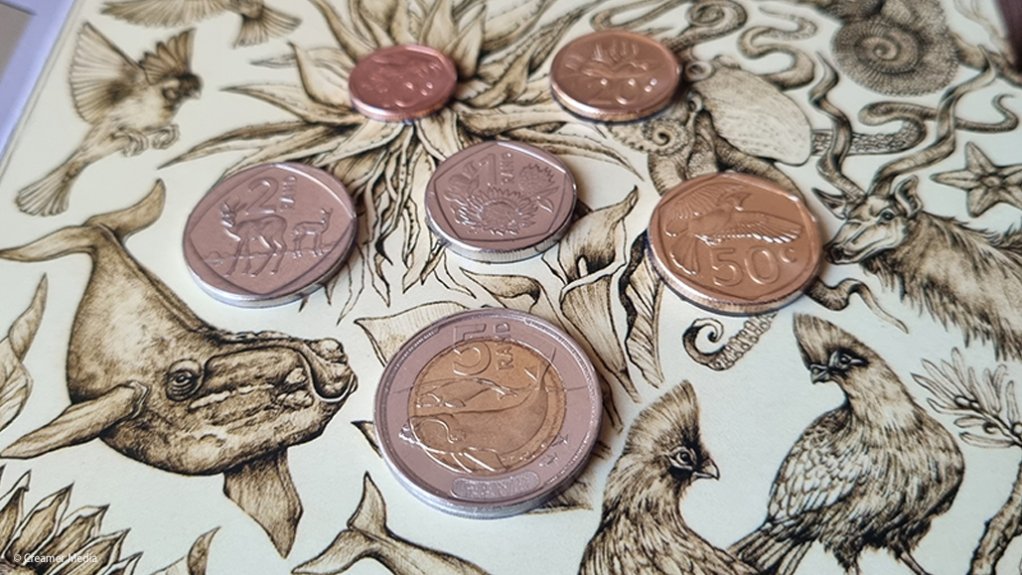Headline consumer inflation is expected to rise slightly in coming months, but core inflation is anticipated to remain subdued, says consultancy EY.
As South Africa navigates a path toward economic recovery, the South African Reserve Bank's (SARB’s) recent pivot to anchor inflation at the lower end of its 3% to 6% target range is poised to foster modest growth through structural reforms and potential further rate adjustments, the consultancy states.
EY's August macroeconomic outlook underscores this forward momentum, highlighting balanced domestic risks but warning of medium-term inflationary pressures from surging food prices, particularly meat, alongside slower fuel cost declines.
EY Africa chief economist Angelika Goliger says headline consumer inflation is expected to rise modestly in the coming months, building on June's slight uptick to 3% year-on-year from 2.8% in prior months, driven by food and non-alcoholic beverages reaching a 15-month high of 5.1%.
“Core inflation, however, is anticipated to remain subdued following its dip to 2.9% in June, the lowest since July 2021, with unprocessed food items like fruits, nuts and vegetables continuing to post double-digit increases, led by staples such as beetroot, lettuce and carrots.”
While fuel prices have provided some relief with four consecutive months of declines, upward risks from tariff hikes could intensify these dynamics.
Goliger notes that the evolving policy landscape has been a catalyst for sustained improvement.
"Looking ahead, the SARB's strategic focus on the bottom of the inflation band will help anchor expectations more firmly, creating space for growth amid balanced risks," she says.
She adds that, with medium-term pressures likely from food prices, especially meat, the SARB’s modelling suggests a gradual inflation climb, but this recalibration could enable up to five additional rate cuts under a proposed 3% target scenario – a target the Finance Minister and stakeholders still need to discuss – potentially lowering the medium-term policy rate below 6%.
The Monetary Policy Committee says in its July report that real GDP growth will likely strengthen modestly over the medium growth, buoyed by reforms, though historical volatility, from pandemic-era contractions to uneven recoveries, underscores the need for vigilance.
An emerging debate between the SARB and National Treasury on further reducing the inflation target highlights tensions between long-term price stability and immediate development goals, EY finds.
The SARB is advocating for a lower target to enhance monetary credibility, arguing it would strengthen the rand, reduce borrowing costs and sustain lower rates for consumers and businesses, thereby boosting credit supply and exports with minimal growth trade-offs despite temporarily higher real rates.
The National Treasury, in turn, maintains a cautious approach, emphasising comprehensive consultations with stakeholders including the Cabinet and SARB.
Finance Minister Enoch Godongwana has confirmed there are no immediate plans for revisions, prioritising growth, fiscal constraints and employment amid structural challenges.
"The Treasury's measured position reflects a commitment to aligning price stability with broader objectives like job creation, especially as external uncertainties like global tariffs loom," Goliger notes.
She adds this forward-looking dialogue could lead to consultations that balance macroeconomic discipline with inclusive development, potentially unlocking lower inflation benefits such as a stronger rand and eased borrowing.
EY's analysis anticipates domestic demand to gain traction, supported by improving disposable incomes and moderating inflation, though global trade tensions pose downside risks.
“If inflation remains within the lower bound, further easing could materialise, testing the [central] bank's ability to sustain equilibrium amid food surges and external shocks,” Goliger concludes.
EMAIL THIS ARTICLE SAVE THIS ARTICLE ARTICLE ENQUIRY FEEDBACK
To subscribe email subscriptions@creamermedia.co.za or click here
To advertise email advertising@creamermedia.co.za or click here











